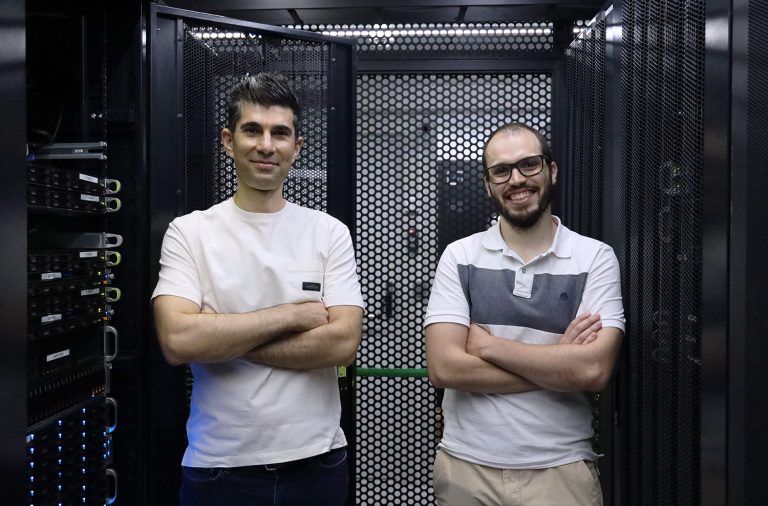A team of researchers from INESC TEC, the Faculty of Sciences of the University of Porto, and the Barcelona Supercomputing Centre analysed 46 types of tissues from over 700 individuals. The team concluded that smoking impacts tissue architecture and can cause molecular changes not only in organs directly associated with smoke inhalation, e.g., lungs, but also in tissues from other organs, including the pancreas, thyroid, oesophagus, and specific regions of the brain. In many cases, the effects of smoking significantly overlap with those of ageing.
It is well known that smoking causes eight million deaths every year, remains the leading preventable cause of death worldwide, and increases the risk of developing numerous health conditions. It is also recognised as an accelerator of ageing. However, the molecular mechanisms behind tobacco-induced health decline and accelerated ageing across most tissues remain poorly understood.
In this sense, the team of researchers from INESC TEC and the Barcelona Supercomputing Centre examined 46 types of tissues from over 700 individuals – including smokers, former smokers, and people who have never smoked – to assess the genomic, epigenetic, and histological impact of smoking on human tissues. The team found that smoking not only affects the structure of said tissues but also triggers systemic inflammation. They discovered that, in many cases, the effects of smoking significantly overlap with those of ageing.
Furthermore, the researchers identified tobacco-induced differences in gene expression, alternative splicing, DNA methylation, and tissue architecture across all tissues studied. They also pinpointed effects that are simultaneously associated with both smoking and ageing. Thus, tobacco consumption can lead to molecular changes not just in the lungs but also in other organs like the pancreas, thyroid, oesophagus, and parts of the brain.
“We carried out a multi-tissue, multi-omics molecular analysis that provides a comprehensive view of the systemic and tissue-specific impact of tobacco consumption and how it can accelerate ageing in our bodies,” explained Pedro Gabriel Ferreira, researcher at INESC TEC and lecturer at the Faculty of Sciences of the University of Porto (FCUP).
Published in the journal Genome Medicine, the study reveals that smoking induces epigenetic changes, particularly widespread hypermethylation – a mechanism that can silence genes and alter cellular function, associated with various diseases, including cancer. Epigenetically, smokers’ profiles begin to resemble those of older individuals, as these modifications align with well-documented ageing processes. In short, the molecular impact of tobacco on human tissues mimics the effects of ageing.
The research team used data from the Genotype-Tissue Expression (GTEx) project, which includes information from smokers, former smokers, and those who have never smoked. They classified smoking-associated molecular changes as either reversible or irreversible. Their analysis revealed that some tobacco-induced molecular alterations are not reversible even after smoking cessation – particularly those that overlap with ageing-related changes.
“The study’s results improve understanding of how smoking contributes to tissue dysfunction and long-term disease risk,” emphasised Rogério Ribeiro, researcher at INESC TEC and PhD student in Computer Science at FCUP. Moreover, the researcher stated that the findings highlight molecular biomarkers that could support personalised risk assessments, the design of targeted prevention strategies, and the development of epigenetics-based interventions to mitigate smoking-induced decline.
The researchers mentioned in this news piece are associated with INESC TEC and UP-FCUP.


 News, current topics, curiosities and so much more about INESC TEC and its community!
News, current topics, curiosities and so much more about INESC TEC and its community!